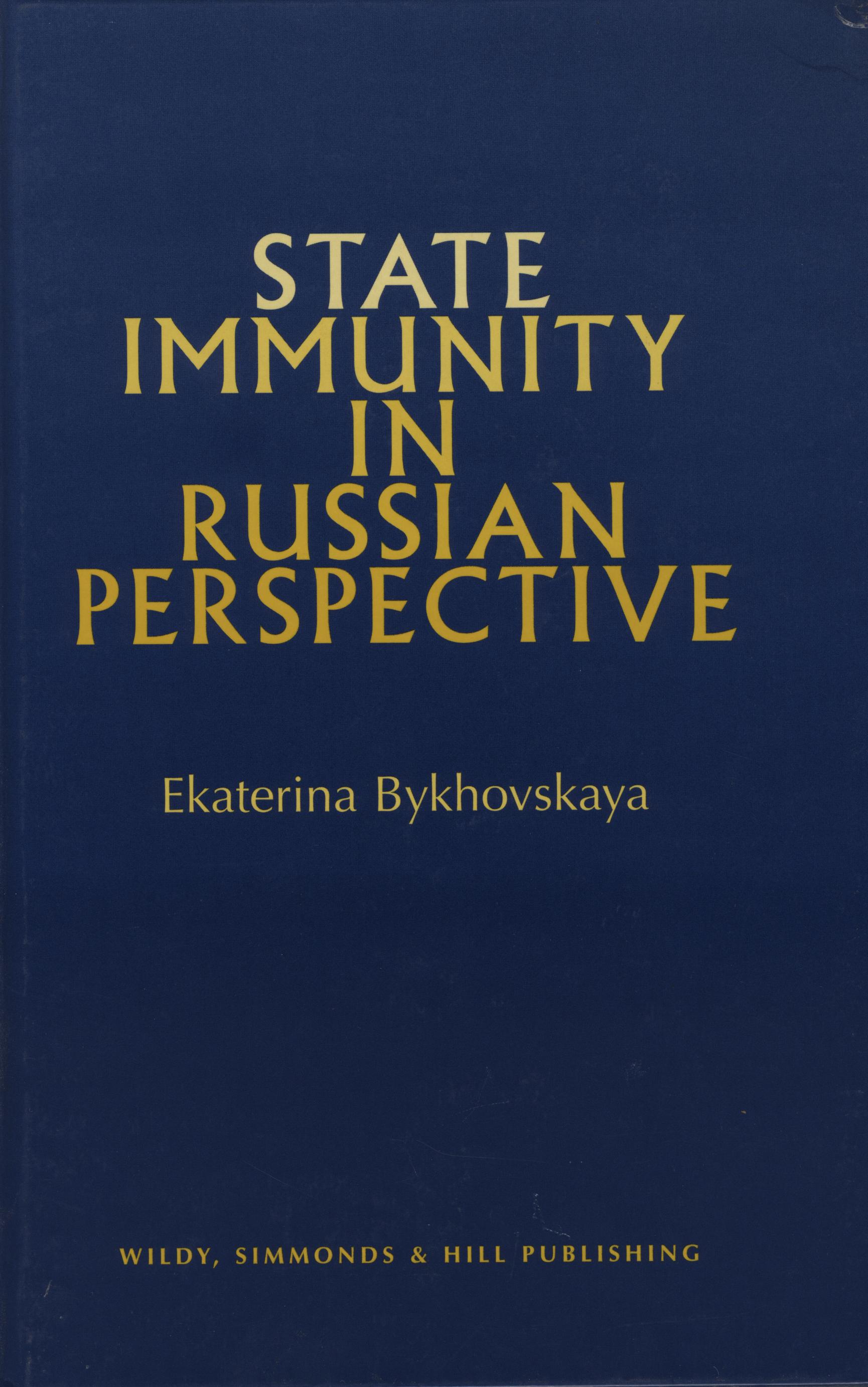
Since the nineteenth century State immunity has been one of the most controversial doctrines in international law. While its development in Western jurisdictions fluctuated between absolute and restrictive immunity, Russian approaches to State immunity reinforced the overall controversy as they followed a quite distinct path depending mostly on the political stance of the changing regimes. At the same time, although absolute immunity was the official Soviet position, the Soviet Union’s approach to State immunity significantly contributed to the increasing acceptance of restrictive immunity by the end of the twentieth century, largely in response to its routine pleas of State immunity.
Significant changes in Russia’s politics, economics and law caused by the dissolution of the Soviet Union have entailed the revision of its approach to State immunity. However, the emerging trend towards the restriction of immunity has been highly inconsistent and has given rise to conflicts between different legal instruments.
This book is the first endeavour in almost fifty years to cover the entire range of questions peculiar to the Russian position on State immunity. It covers proceedings instituted against Russia in foreign courts, the development of Russian doctrinal views, provisions of international treaties, relevant legislation, judicial practice and the Russian draft law on State immunity.
The full scope of these issues is examined in the context of international practice. The research concludes with an analysis of the possible impact of the United Nations Convention on Jurisdictional Immunities of States and their Property on Russia’s perspective on State immunity.